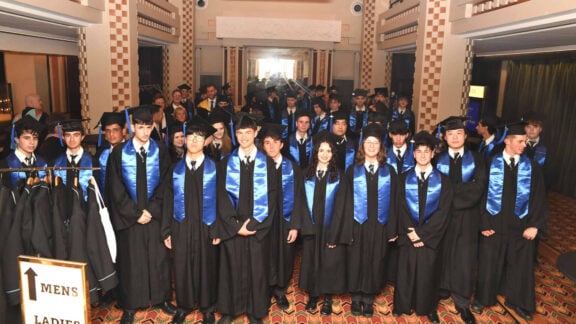Visa application fees are set to rise and Greeks on working holiday visas will start paying a lot more tax.
Under new measures introduced by the federal budget this week, Greeks on working holiday visas are set to be hit hard as they will no longer be eligible for the $18,000 tax free threshold, and instead have to pay tax at 32.5 per cent on every dollar they earn up to $80,000.
It means someone earning up to $37,000 on a working holiday will pay around $12,000 in tax instead of $3,500 when the tax percentage was just 19 per cent.
Coming into effect from July 2016, the tax free threshold exemption is expected to generate $540 million for the government by 2019.
Federal Treasurer Joe Hockey says the measure is “levelling the playing field”.
Over the last financial year, 180,000 people were granted working holiday visas, with many of them taking up low paying jobs like fruit picking and factory work.
like the Australian Greek Welfare Society that deal with many Greeks on non-residency visas.
AGWS CEO, Voula Messimeri says she’s worried increased pressure from young migrants struggling to make ends meat will affect the organisation’s ability to provide timely help.
“It’s not going to make it any easier for people who are essentially working for very small amounts of money to begin with in fairly precarious and seasonal work,” she tells Neos Kosmos.
“In particular it will mean that people will be coming in for emergency assistance, and it’s something we’re already striving very hard to be able to meet the needs [of our existing clients].”
“I wouldn’t want to think that we will have another pressure point from the younger people of our community in precarious visa arrangements.”
A study conducted by the AGWS tracking Greek migration to Victoria over the last five years discovered that 40 per cent of the 8,000 Greek migrants coming to the state were doing so for the first time. That meant they fell under temporary work, working holiday, student and tourist visa streams.
The study found that university educated Greek migrants accept low-skilled positions, even high-risk jobs, in pursuit of employment in Australia.
Visa fees increase
Visas have been targeted by the government as a source of revenue, hiking up the prices of visa application fees. The government hopes to reap close to $440 million in the next four years by increasing fees, making the prospect of migrating to Australia less attractive.
Starting from July 1 this year, visa application charges for all visa applications made overseas will increase to align them with application charges in Australia, with the exception of child visas.
The working holiday visa application fee jumps $20 to $440 while tourism application fees will rise depending on the country.
It’s a measure the tourism industry’s peak body, Tourism & Transport Forum (TTF), believes will hurt tourist numbers.
“Jacking up the cost of visa applications is an enormous own goal,” TTF CEO Margy Osmond told Business Insider Australia.
“The tourism industry has argued that its vital Australia should be reducing the costs of visas from key markets, like China, to increase our appeal in the face of proactive visa reform by many of our major competitors.”
The Chinese visa application fee rises $5 to $135.
Australians sponsoring 457 visa workers will be under greater scrutiny, as the government gives $3.7 million over four years to implement recommendation from a review into the temporary work skilled visa program.
Australians will also be lumped with higher costs to get emergency and priority passports, but won’t be charged with an extra fee to replace a lost or stolen passport. Teenagers aged between 16 and 17 will also be able to apply for a 10 year passport instead of the usual five years.
Foreign investors hoping to buy Australian property will now be charged an application fee between $5,000 – $10,000 depending on the value of the property, and there will be stricter penalties on buyers who break the rules.
But, in a positive move, the government will provide $14.5 million in 2015-16 to expand the Adult Migrant English Programme for one year to include refugees who hold temporary substantive visas.









